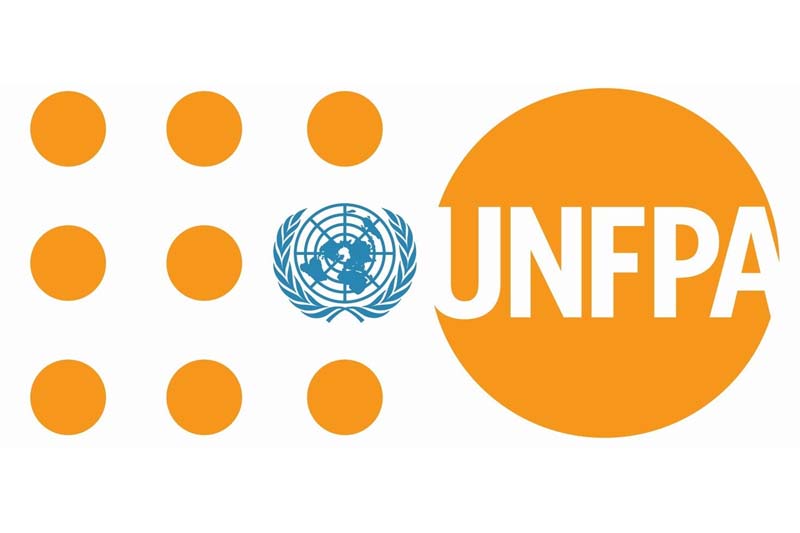Unchecked inequality could spur unrest: new UNFPA report warns
KATHMANDU: Unless inequality is urgently tackled and the poorest women empowered to make their own decisions about their lives, there could be unrest and threats to peace and to their development goals, according to a new report published today by the United Nations Population Fund (UNFPA).
The costs of inequalities, including in sexual and reproductive health and rights, could extend to the entire global community’s goals, said the UNFPA report — The State of the World Population 2017 — entitled, “Worlds Apart: Reproductive Health and Rights in an Age of Inequality.”
Failure to provide reproductive health services, including family planning, to the poorest women can weaken economies and sabotage progress towards eliminating poverty, it added.
“Economic inequality reinforces and is reinforced by other inequalities, including those in women’s health, where only a privileged few are able to control their fertility”.
Inequality today is not only about the haves and have-nots, said UNFPA Executive Director Dr Natalia Kanem. “Inequality is increasingly about the cans and cannots. Poor women who lack the means to make their own decisions about family size or who are in poor health because of inadequate reproductive health care dominate the ranks of the cannots.”
Limited access to family planning that results in unintended pregnancies and abortions does not only harm women’s health, but also restricts their ability to join or stay in the paid labour force and move towards financial independence, the report argued.
The UNFPA report recommends focusing on the furthest behind first, in line with the United Nations blueprint for achieving sustainable development and inclusive societies by 2030.






